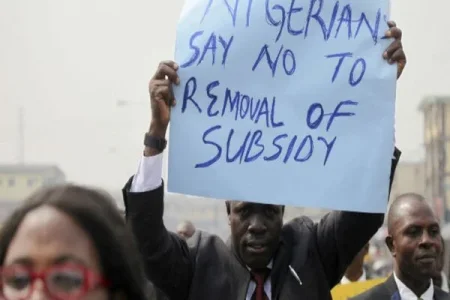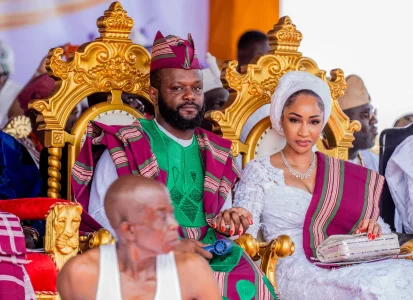
Mike Ejiofor, ex-DSS Director, analyzed the differences between the 2012 anti-subsidy protests and current demonstrations, attributing past peace to then-President Jonathan’s approach. He warns that today’s economic strain could lead to violence and advises President Tinubu to engage directly with citizens.
In a recent interview on Arise TV, Mike Ejiofor, former Director of the Department of State Services (DSS), compared the 2012 anti-subsidy removal protests with the current unrest in Nigeria. Ejiofor attributed the peaceful nature of the 2012 protests to the "body language" and approach of then-President Goodluck Jonathan, who, he argued, allowed the situation to unfold without escalating tensions.
Ejiofor observed that the conditions in Nigeria at that time were less severe compared to the current economic and social climate. He highlighted that today's protesters face more acute hardship, which could potentially lead to violence if not properly managed. He expressed concern that current protests might be hijacked by individuals seeking to exploit the situation for personal gain or engage in looting.
Ejiofor advised President Bola Tinubu to engage more directly with ordinary Nigerians and consider addressing the nation through a broadcast to alleviate tensions. He emphasized that while the right to protest is constitutionally protected, the government must ensure that demonstrations do not spiral into violence. Ejiofor acknowledged the economic difficulties and anger fueling the protests but urged organizers to provide adequate notice and work with the government to address grievances in a controlled manner.
The former DSS Director's comments underscore the challenges of managing public dissent in times of heightened economic and social strain, calling for both proactive government communication and responsible protest organization.




